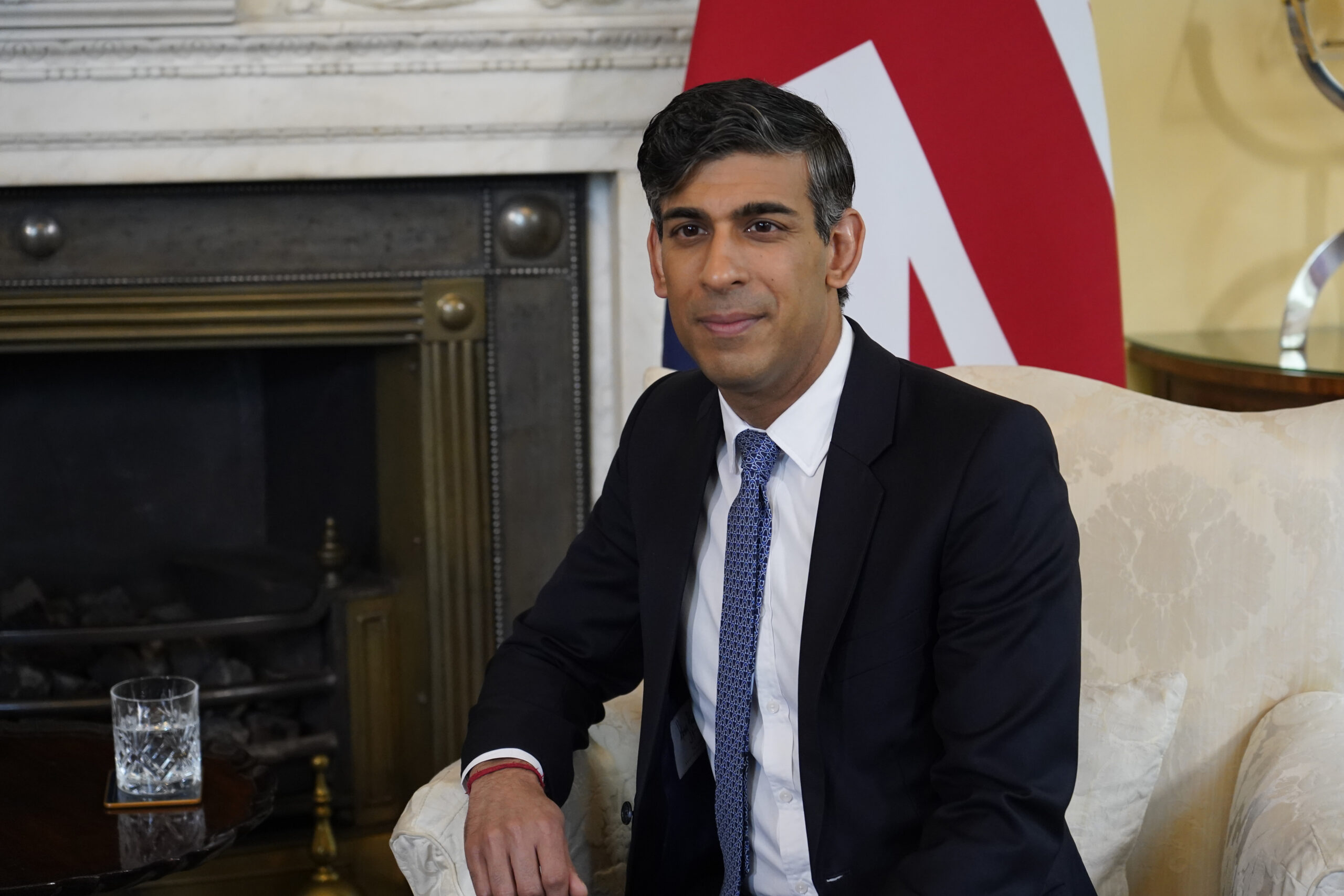- Sunday, November 24, 2024
Prime minister Rishi Sunak has prioritised the Rwanda scheme, suggesting its success is crucial for his Conservative Party’s prospects in the upcoming election.

By: Vivek Mishra
The parliament is expected to approve a contentious law this week that would allow the deportation of asylum seekers to Rwanda, a significant policy spearheaded by prime minister Rishi Sunak.
The law’s passage appears imminent, yet it faces potential legal challenges that could delay or obstruct its implementation.
Prime minister Rishi Sunak has prioritised the Rwanda scheme, suggesting its success is crucial for his Conservative Party’s prospects in the upcoming election.
The policy aims to reduce the number of unauthorised arrivals via small boats across the Channel.
Despite expected parliamentary approval by the end of the week, the timeline for initiating the deportations remains uncertain.
Critics, including Paul O’Connell from the Public and Commercial Services (PCS) union, argue the plan may not withstand legal scrutiny. “In our view, the legislation is utterly performative,” O’Connell commented. “We think the government knows it hasn’t got a cat in hell’s chance of surviving a legal challenge, but they just want to keep it alive as an issue to fight in the general election.”
The Rwanda policy mandates the deportation of any asylum seeker who arrives in Britain illegally to Rwanda, intended to deter dangerous Channel crossings and dismantle human smuggling networks.
The first attempt to deport asylum seekers under this policy was halted by the European Court of Human Rights (ECHR) in June 2022, and later deemed unlawful by the UK Supreme Court.
WHAT IS BRITAIN’S RWANDA PLAN?
The plan, initiated under former prime minister Boris Johnson in April 2022, involves sending anyone who entered Britain illegally after January 1, 2022, to Rwanda.
Despite legal setbacks and no successful deportations to date, the UK has already paid Rwanda more than 200 million pounds, with projected costs to resettle 300 refugees potentially exceeding 600 million pounds.
Sunak’s new legislation aims to circumvent previous legal hurdles by designating Rwanda as a safe country and limiting appeal rights. This move has sparked widespread criticism, including from senior figures within his own party and international human rights bodies.
The government anticipates beginning deportation flights by mid-year, following the legislation’s passage, although practical and legal challenges may cause delays.
WHEN WILL FLIGHTS GO?
The timing for the departure of deportation flights is uncertain, with estimates suggesting it might take at least a month from when the legislation passes. Legal challenges are expected from charities and human rights groups on behalf of individuals, further complicating the timeline.
O’Connell has stated that his union would file a legal challenge against the new legislation “within days” of the first notification to asylum seekers about their deportation.
While the court has adjusted its rules to issue injunctions only under “exceptional circumstances,” the potential for significant legal obstacles remains, alongside operational challenges such as securing airlines for the deportation flights.
WHY IS THE RWANDA POLICY SO IMPORTANT TO SUNAK?
Since taking office in 2022, Sunak has made stopping boat arrivals one of his top five priorities. The UK spends over 3 billion pounds annually on processing asylum applications, with daily costs for housing migrants in temporary accommodations like hotels reaching about 8 million pounds.
There are currently around 100,000 asylum applications pending decisions.
(Reuters)